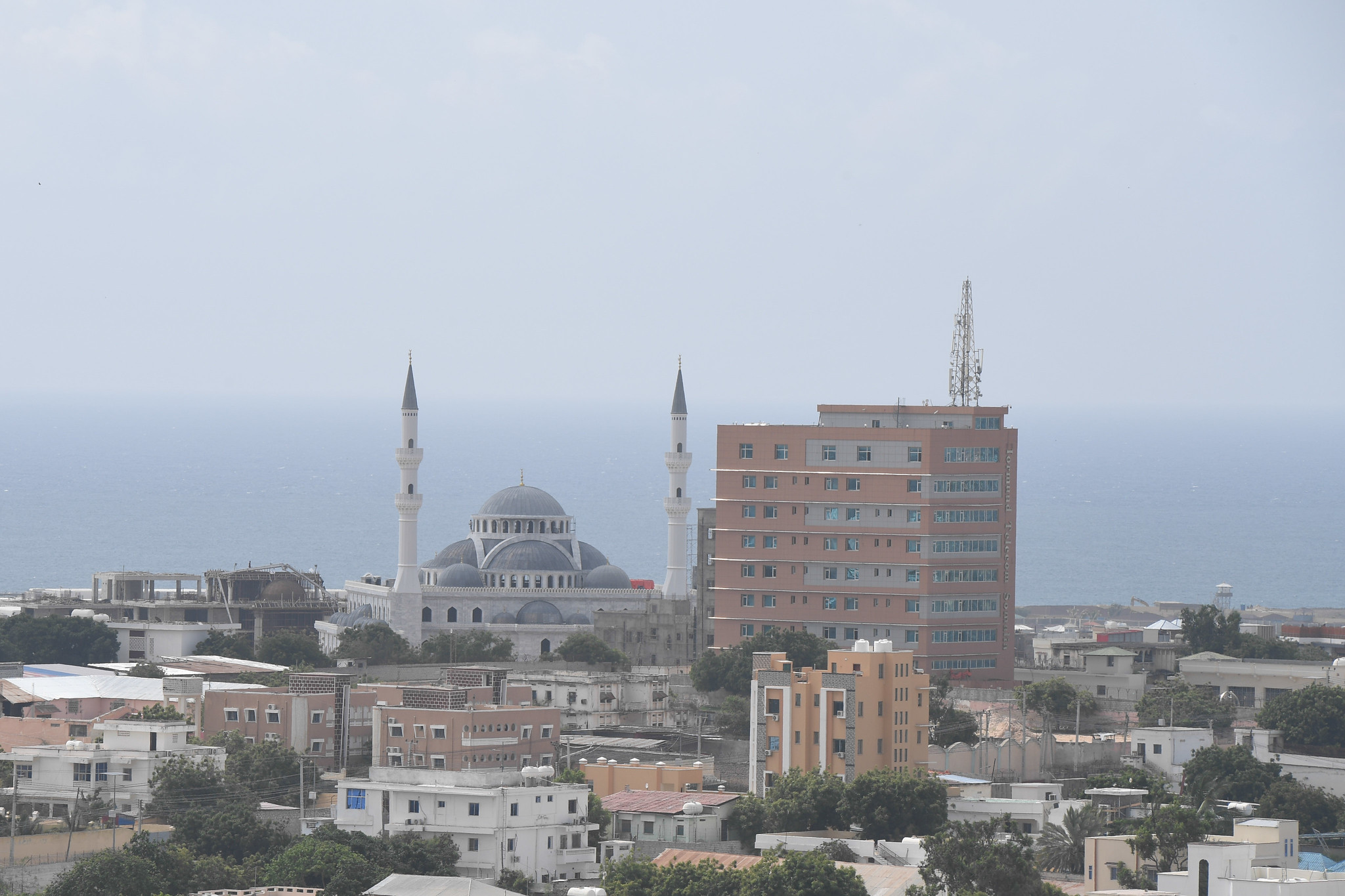Somalia, a country that has been torn apart by conflict and instability for decades, is finally
starting to show signs of revival. For years, the East African nation has been plagued by civil war, terrorism, and a lack of access to basic necessities such as clean water and healthcare. However, in recent years, there have been efforts to rebuild and stabilize the country, and these efforts are starting to bear fruit. One of the most visible indicators of this progress is the transformation of the country’s infrastructure.
During the conflict era, buildings and infrastructure were often constructed with security in
mind, using materials and designs that were more resistant to damage. However, now that the security situation has improved, there is less need for these protective measures. As a result, shops and other buildings are being constructed with large windows and glass doors, which not only provide a more attractive appearance, but also allow for more natural light and a greater sense of openness. This change is indicative of the overall shift towards a more peaceful and stable environment in the country.
The expansion of the road network in Somalia, especially the increase in tarmac roads, has had a number of positive effects on the country. One of the most noticeable changes has been the introduction of more comfortable and expensive cars. With better roads, drivers are able to travel more safely and smoothly, which has made it possible to own and operate vehicles that were previously not suitable for the rough and poorly maintained roads. The expansion of the road network has also made it easier for people to access essential services, such as healthcare and education, and has facilitated the movement of goods and services between cities and towns. This has had a positive impact on the economy and has made it easier for people to engage in trade and commerce. The improved road network has also contributed to the overall stability and security of the country, as it has made it easier for the government and international partners to maintain a presence and provide assistance in remote areas. Overall, the expansion of the road network has had a significant and positive impact on Somalia and has contributed to the country’s recovery and development.
In addition to the transformation of the country’s infrastructure, there have been other positive developments in Somalia. One of the biggest indicators of the country’s recovery is the increase in foreign investment. Companies from around the world are starting to see the potential in the country’s untapped resources, such as its oil and minerals, and are beginning to invest in infrastructure projects. This influx of capital is helping to boost the economy and create jobs, which in turn is helping to reduce poverty and improve living conditions for many Somalis.
The improved security situation is another positive sign. The Somali government, with the help of international partners, has been successful in driving out terrorist groups such as al-Shabaab and establishing a more stable and secure environment. This has allowed for the resumption of many basic services, such as education and healthcare, which had been disrupted by the conflict. In recent years, there has also been a peaceful transfer of power through elections, which is a significant milestone for the country.
One area that has seen significant improvement is agriculture. The introduction of modern farming techniques, such as the use of greenhouses, has helped to increase crop yields and improve food security. This is especially important in a country that has long been plagued by drought and food shortages.
In addition to these developments, Somalia is also experiencing a real estate boom. Active construction can be seen everywhere in the country, as more and more companies invest in the country and need places to live and work. This has led to the construction of new hotels, office buildings, and residential developments. The real estate boom is having a positive impact on the economy and job market, as the construction sector is a major employer. It is also helping to improve the overall standard of living in the country.
In addition to the real estate boom, Somalia is also improving its foreign relations, especially with neighboring and Gulf countries that have had strained relationships in the past. The country is working to build strong partnerships and establish itself as a reliable and trustworthy partner on the global stage. This is an important step in its recovery, as it will help to attract even more foreign investment and support the country’s economic growth.
The potential benefit of Somalia becoming a member of the East African regional bloc is also worth noting. This is currently in the final stages, and membership would bring significant economic and political advantages to the country.
Overall, the progress that has been made in Somalia is encouraging, and with continued efforts to build infrastructure, create jobs, and improve security, there is hope that the country can fully reclaim its place as a thriving nation in the region. In ten years’ time, it is optimistic to think that Somalia will have made significant strides in its recovery and will be well on a bright and prosperous future.
By Abdiqani Abdullahi





